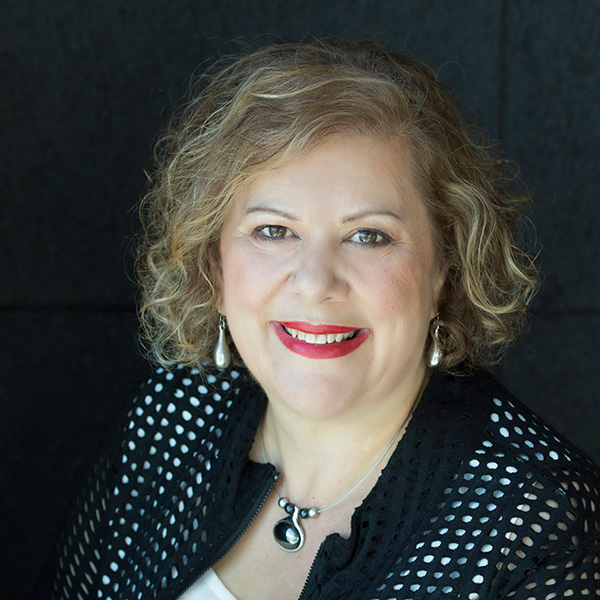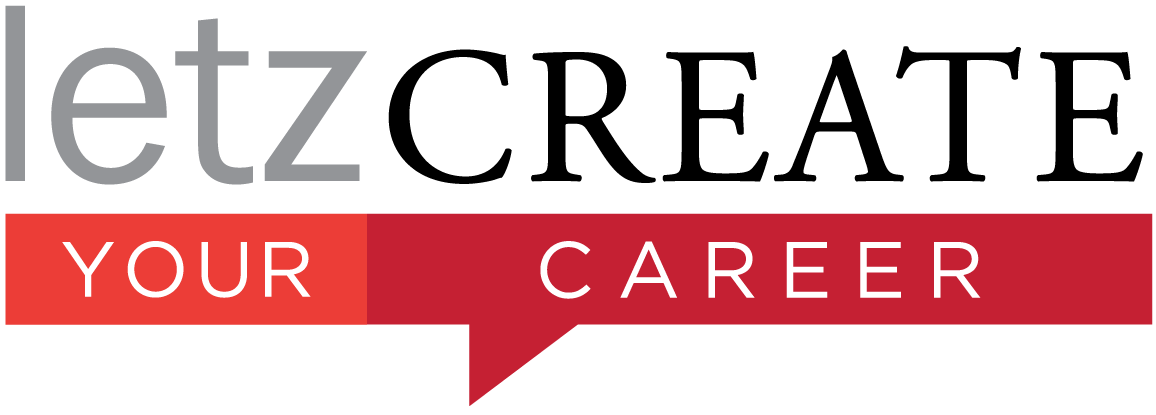I’m sometimes invited to speak to my client’s communities about how to manage their career. It’s a popular topic, because the world is changing at a rapid pace and it’s essential to stay ahead of the curve and proactively adapt to these changes. Whether you’re thinking about your next career move or not, I’m confident you’ll enjoy reading the 11 key ingredients I suggest when I speak to my clients and their organisations about managing your career.
1. Keep the future in mind
The decisions you make now and in the next 12 months will influence how prepared you are for future opportunities. I like the term ‘start out as you mean to go’ as it implies that you need to have an idea of where you are heading! This means thinking about ‘where do I want to be in 3-5 years?’ and can be as broad as considering the type of industry you’d like to work in, the type of work you’d like to be doing and which state you’d like to be living and working in. I
If you keep some of these factors in in mind then you’re likely to make better choices when saying yes to opportunities. These opportunities may include taking on more responsibility in your current role, being involved in special projects at work or investing time outside of work in training or voluntary activities.
2. Understand your strengths
It’s an increasingly accepted fact that it’s more powerful to focus on your strengths than your weaknesses, but how do you objectively work this out? Here’s a handy (and free) character strengths quiz from VIA Institute of Character that you can use to determine some of your character strengths. It’s also worth thinking about your technical knowledge and any particular software skills you may have when you consider your strengths.
In this Forbes article by Andrew Brown, he explores the results you can achieve by playing to your strengths. Once you can identify your strengths, I encourage you to seek opportunities where your strengths can be utilised.
3. Celebrate & note your achievements
It makes me quite sad that people tend to focus on ‘getting through the week’ with never-ending to do lists. There seems to be an increasing amount of pressure placed on people to make their way through demanding work loads, and not enough time spent on reflection and celebrating success. By celebrating and noting your achievements you are taking the time to consider what you’ve done well. Workplaces that celebrate success and acknowledge people’s achievements have staff who experience greater job satisfaction as noted in this Forbes article by Rob Danna.
4. Keep your resume updated
I see way too many clients who have neglected to update their resume for over 5 years. In this article I explore why you need to keep your resume updated, regardless of whether you are in active job search or not. When managing your career, I believe be prepared motto is for everyone, not just scouts!
5. Build a LinkedIn Community
Building a LinkedIn community means connecting with everyone you know and provides an invaluable way to stay informed about news and trends in your industry. If you spend time on LinkedIn each week it helps you stay informed and remain top of mind with your colleagues. These connections may help you achieve your goals in your current role and provide future opportunities. LinkedIn is the place to stay connected to colleagues, past and present. It’s also where recruiters and potential employers will find you, or research you if you apply for a role.
6. Network – Seminars, conferences
The rapid changes currently being experienced across many industries in Australia makes it as important as ever to keep your skills current and to stay informed about regulatory developments.
You can do this by attending seminars and conferences. Networking in these environments is great way to learn from others as well as broaden your LinkedIn community. You just never know where the insights you learn and the conversations you have at these networking events will lead.
7. Set yearly goals
It seems the older we get the faster the years fly by! It’s therefore essential to set yearly goals so you are proactively managing the direction of your career. For some people, setting goals means being very specific with actions and timelines, for others it may mean saying ‘this is the year of getting a new job’.
Whatever your goal setting process, it’s essential you give some thought to what you want to achieve and how you want to further develop your career in the short term. This may mean booking a time to speak with your manager about training or taking on a project, it may mean attending more networking events or it may mean booking a session with a Career Coach to develop a clearer career action plan or to update your resume.
8. Look for learning opportunities
Lifelong learning is the ongoing, voluntary, and self-motivated pursuit of knowledge for either personal or professional reasons*. When you dedicate time to learning opportunities you are investing in personal development, but also self-sustainability, as well as remaining competitive versus your peers at work. Keeping your skills and knowledge current is also critical for maintaining your employability.
Take some time to consider opportunities within or outside your work where you can be learning more. And if you’re not sure where to start, check out the next ingredient and seek out a mentor in your industry who can provide you with some wise counsel for suitable learning opportunities.
9. Find Mentors
In this article Karen Hollenbach explores the idea of appointing a board of directors for your professional journey. She believes that when you wish to make important decisions about your career, it’s essential that you create the time and space (mentally) to ensure you are seeking good advice and making informed decisions. I agree!
Make a list of the suitable colleagues and family members who may be a good mentor to help your professional journey. Consider people you view as role models and seek their advice (and interest) in a formal or informal mentoring arrangement. You can also ask your HR department if there are any mentoring programs available.
10. Volunteer
Volunteering is an excellent way to give back to those in need while also giving you the opportunity to work in a new industry. If you are genuinely interested in exploring a particular industry, but have no previous experience, working in a voluntary capacity is a great way to gain this experience and test your interest i a new environment.
SEEK Volunteer is Australia’s largest source of volunteer opportunities and a great resource to search for ongoing and ad hoc volunteering opportunities across Australia.
11. Have courageous conversations
Not happy at work? Rather than run away, I encourage you to really think through what it is you want and ask for it! Having courageous conversations with your manager, co-workers or partner to improve your current working life can be very rewarding and plays an important role in effectively managing your career and job satisfaction.
Many of the clients I work with end up using my career coaching services to help them prepare for these conversations so they can be more confident when talking to their manager about better managing an issue, creating opportunities or asking for professional development training. If you’d like to chat about how I can help you manage your career, I’d love to talk to you!

I am a passionate Career Coach who works with individuals in the explore and search phase of their career journey, helping you realise your strengths through my career coaching and training programs. I enjoy showing people the path to greater career satisfaction and providing insight and tools to help you make your next career move.



